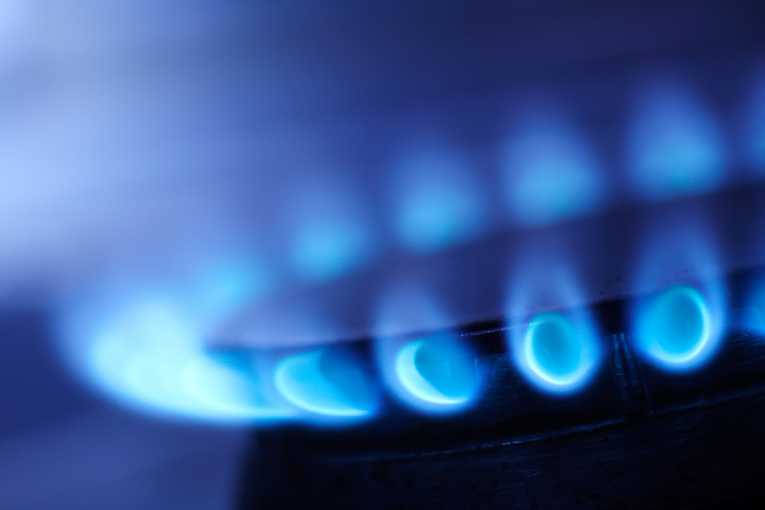Until the 1980s it was simply too expensive to extract this gas on a large scale, but this all changed when a process that is now known as fracking, (hydraulic fracturing) was devised.
Essentially a well is drilled that runs horizontally through the seam of oil-bearing shale. The hole is lined with concrete and a perforating gun is lowered to the end of the well. The gun fires off explosions that pierce the concrete and open up microfractures in the shale. Millions of gallons of high-pressure water mixed with sand, plus small amounts of additives known as fracking chemicals are pumped down the well, releasing the gas.
There are tracts of gas-bearing shale all around the world, with large areas in North America, Britain, India, China and several Eastern European countries.
A prime area in the US is the Marcellus Shale, a formation 5,000 feet below an area from Tennessee to New York State. A Bloomberg Businessweek article quotes Professor Terry Engelder from Pennsylvania State University as saying that the shale may contain 490 trillion cubic feet of gas, making it the second-largest natural gas field in the world.
The benefit of natural gas is that it is relatively clean and relatively cheap. The Japanese nuclear disaster has made countries think again about nuclear power and the turmoil in the Middle East has led to worries about the future of oil supplies. This so-called shale gas seems to be the perfect answer and President Obama enthusiastically backs this gas as being the answer to US reliance on oil.Unfortunately, like many great ideas, there is a down side.
In Pennsylvania alone, 2,516 wells have been drilled in the last three years and Time Magazine quotes Cornell University's Anthony Ingraffea's prediction that in a few years time there will be 100,000 wells in the area
Many rural people have had their peace shattered, but the burgeoning number of oil wells is not the only problem. 90% of natural gas is extracted by fracking and fracking produces millions of gallons of wastewater. Thousands of wells each producing millions of gallons of water creates a problem of disposal.
There have been reports of spills and contamination of drinking water supplies. This is a cause for concern since the contaminated water is said to contain benzene, radioactive material and a whole range of other unpleasant substances.
Treatment plants are not equipped to handle such highly contaminated wastewater and can be overwhelmed by vast quantities. It would be bad enough if this drilling were taking place in some remote spot but this is Pennsylvania, a populated state. It is also perilously close to New York City's watershed.
Shale gas is the last of the fossil fuels to be exploited, but it seems only possible to exploit it in way that is harmful to the environment. Should we be willing to pay that price?










